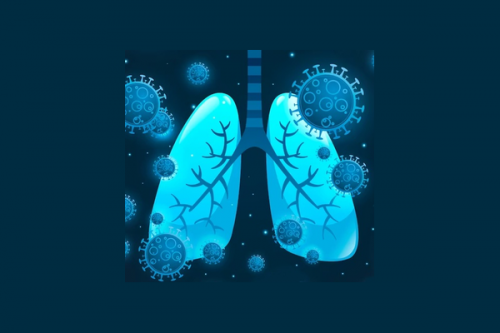More lung cell types infected by SARS-CoV-2 than previously thought: Study

New Delhi, July 24 (IANS) A lot more lung cell types can be infected by SARS-CoV-2, the virus that caused the Covid-19 pandemic, and the number is higher than what was previously speculated, according to a study.
Researchers at Sanford Burnham Prebys and the University of California-San Diego in the US have discovered that the lungs can independently mount an antiviral response without immune system aid when exposed to the virus.
The team used induced pluripotent stem cells to create "mini lungs," discovering that SARS-CoV-2 can infect cells without traditional receptors.
"While many people experience mild or moderate symptoms, Covid-19 still kills," said Sandra Leibel, Associate Professor of Paediatrics at UC San Diego’s School of Medicine.
"This virus is here to stay, and we need to learn everything we can about it so we can improve treatment and prevention," she added.
In the study, published in Proceedings of the National Academy of Sciences, researchers found that different strains of the virus prefer different lung cells, potentially explaining variations in disease severity. For instance, the Delta variant caused more severe pneumonia, while Omicron led to milder symptoms. The study also showed that the drug apilimod could block SARS-CoV-2's entry into cells lacking traditional receptors.
Additionally, the team discovered that the lung's surfactant protein B (SP-B) plays a crucial role in the antiviral response.
"These findings suggest not just one but two potential novel drug applications with the possible clinical use of surfactant early in Covid-19 cases," said Evan Snyder, a professor in the Human Genetics Programme at Sanford Burnham Prebys. This research could lead to better treatment strategies and risk assessment tools for Covid.

|

|

